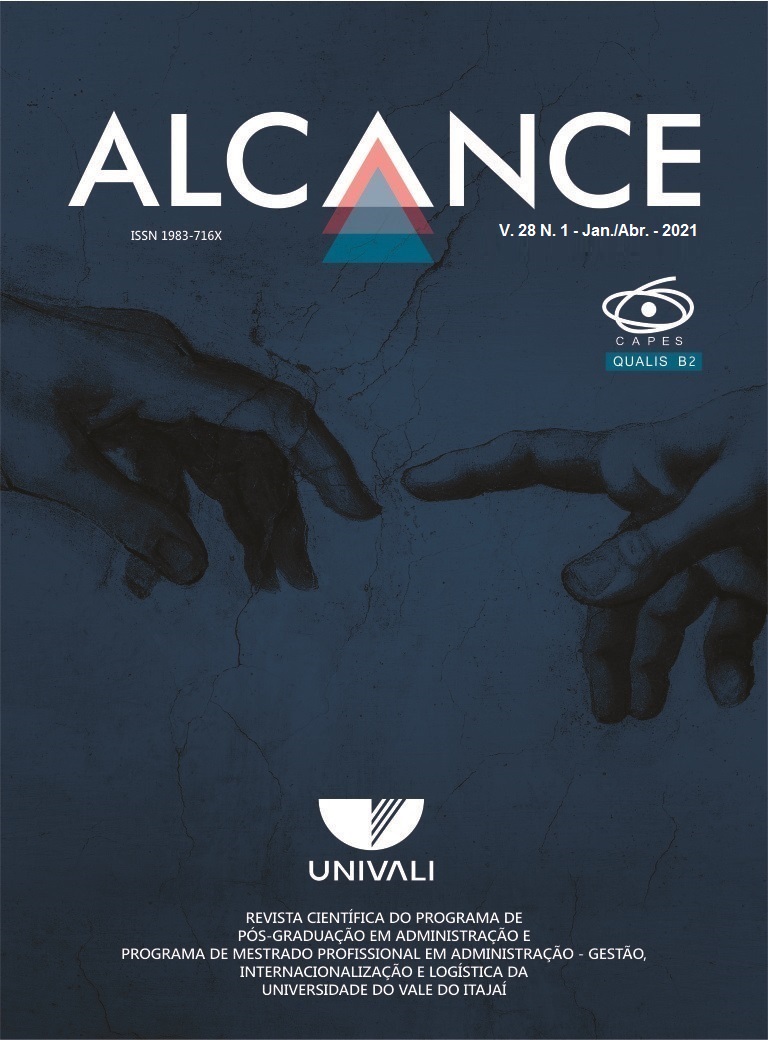GOVERNANCE STRUCTURES AND INNOVATION IN DIFFERENTIATED AGRIFOOD SYSTEMS: A STUDY IN THE BEEF CHAIN IN THE STATE OF PARANÁ
Published date: 29/12/2020

With the trend towards commodification and scale in agrifood systems, alternatives known as Differentiated Agrifood Systems (DAS) have emerged, seeking to add value through differentiation at producer level. While demanding innovations, the sustainability of DAS relies on returns on these efforts. This paper aims to understand how governance structures between farmers and buyers influence, ex ante, innovation, and ex post, distribution of the value generated in a beef DAS in the Brazilian state of Paraná. Qualitative and descriptive research was developed, through semi-structured interviews with twelve members of a differentiated agrifood beef production system: two key agents, two representatives of a specialty meat cooperative, and eight cooperative producers. The results showed a hybrid governance is adopted, with verbal agreements, supported by relational aspects. Although this governance structure has promoted innovation through the exchange of knowledge and experiences among the farmers, the cooperative has played a passive role in this process. We observed high asset specificity and a complexity of dimensions in transactions that were measurable, but not always measured. Failures to measure quality attributes can lead to failures in the value distribution, which can discourage innovation and system performance. Despite this, it is concluded that inclusion in these differentiated systems is a viable alternative for the competitiveness of producers. Therefore, mechanisms to encourage innovation, involving public agents and the more active participation of the cooperative, among others, could mitigate the risks related to distribution failures and favor the sustainability of DAS.








